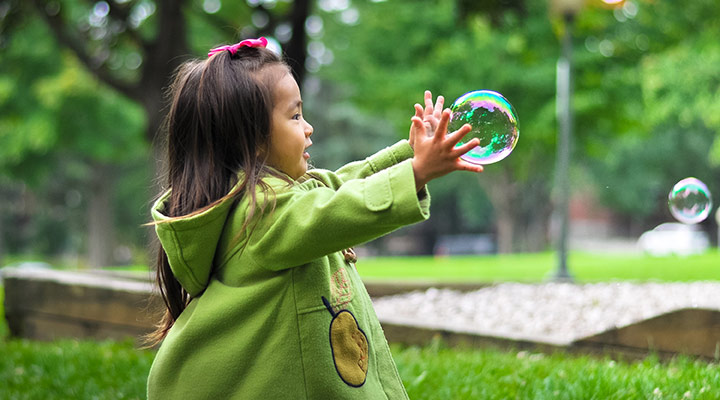Uncertainty, stress, and change are familiar concepts for most children and teens in foster care. But the worldwide pandemic and its many disruptions are triggering painful memories and feelings for many. Foster kids are especially vulnerable to the upheaval that comes with school closings, lack of daily contact with friends and mentors, and social distancing, and wearing masks.
Foster parenting during COVID-19 takes extra grace and fortitude; as the crisis continues, parents everywhere are struggling to keep children and teens healthy and occupied. If you’re anxious about how to nurture and protect them, you’re in good company.
Here are some tips to help calm fears, manage stress, and introduce peace to your home.
Build Predictable Routines
Setting and sticking to a regular schedule is key, even when you’re all home all day. Kids, especially younger ones or those who are especially anxious, will benefit from knowing what’s going to happen and when. Consistency and structure (think getting up, meal times, playtimes, bedtimes) bring a calming balm.
Brainstorm Creative Activities
Imagine raising kids in the 1980s, before the days when mobile phones, iPad, and laptops ruled our lives. What were your favorite activities before we were inundated with electronics and screens? Arts and crafts activities, science projects, imaginary games, musical activities, board games?
Move
Make sure everyone gets some exercise every day. Take a family bike ride, kick a soccer ball around at the park, go on a nature hike, throw a ball or Frisbee around. Do your best to work around the COVID-19 restrictions (playground equipment, team sports) and have some fun!
Limit News
Staying informed is important, but a steady diet of alarming TV and radio news and social media posts can feed not only your anxiety but your kids’ as well. Turn the TV off and mute or unfollow friends and coworkers prone to sharing panic-inducing posts.
Get Creative About Family Visits
During COVID-19 lockdowns, missing out on in-person contact with bio moms and dads can cause a child to feel cheated or abandoned. As you work with your caseworker to schedule other forms of family connection, help your children process their feelings. Your empathy will help them feel safe, secure, and positive about the present and the future. Have photographs of the child’s family members available; consider helping kids create a memory box or life book to help them through the separation.
Care for Yourself
Since the kids in your care are taking their signals from you during these unpredictable times, be sure to address your own stress level before you help your kids address theirs. How? Replace activities you’ve lost with new ones. Carve out time to do whatever relaxes you – like reading a good book, taking a bike ride, gardening, chatting with a friend, or pursuing a hobby. Give yourself permission to catch your breath and regroup. What’s good for your wellbeing will help relieve your kids’ stress.
Above all, be flexible and don’t be too hard on yourself. Figure out what works for your family and your own foster kids. Your goal is to stay sane and stay safe through this storm.














